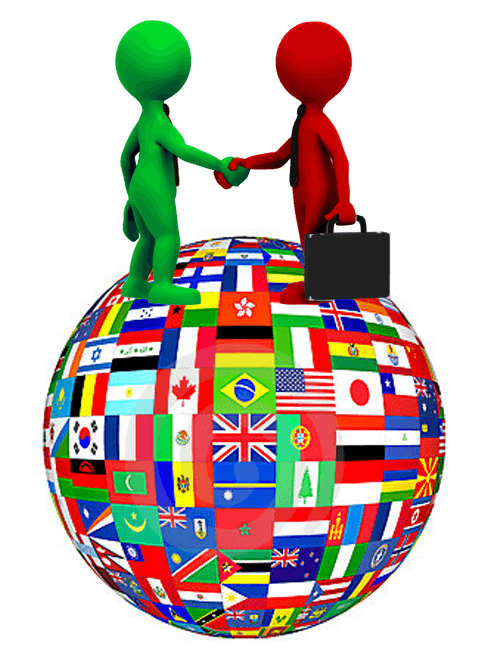In the competitive world of translation a NAATI translation is the highest quality you could ever expect to get and anyone choosing this translation service in Australia won’t fail to be a success.
Quality assurance (QA) is a term used in the translation industry that indicates how well a translator has been able to match a client’s requirements. QA is a guarantee offered by any company that is qualified to undertake a NAATI translation.
There are many global companies that need that QA as they sell their products to a global market. These include reputable car companies such as Volvo and Ford. There are various ways that professional translation services meet QA which include
- Accepting jobs that suit the translation company’s specializations. This means asking the client to present a copy of the document before agreeing to undertake a job. Taking on a translation without viewing the text first could make it more difficult to guarantee QA.
- With all translations it’s to use TM software like Wordfast, SDLX and Trados, which helps to ensure small mistakes are not made. This software breaks up the text to be translated into sentences so that it is virtually impossible to miss any text. The text should be thoroughly proofread after the NAATI translation is complete.
- If you are unsure of any part of the text you should ask the client to clarify before going any further. Your client wants QA just as much as you do. Not all source texts are necessarily written well even in their own native language. This means you could make mistakes if you don’t check first.
- If you think you need to, find a good second translator to go over your final translation of a text. This will be the best way to gain the QA label.
- If your translation is to be aimed at corporate clients ensure that you use the correct terminology that fits the particular client.
- Make sure you know the target audience for the particular translation job so that your translation will be in the language that suits that audience. This means knowing which country the target audience lives in.
- Understand precisely what the audience expects to get from the translation. There are some texts that are expected to be informative while others may have the aim of trying to persuade the audience to buy a product. This will determine the language register that is the most suitable.
- In some complicated translations where making a mistake could be dangerous to the audience such as a medical translation it is a good idea to test the translation on a few people who may read it and give their comments. These people are called “test readers.”In summary, NAATI translations are great because the QA is always present.






